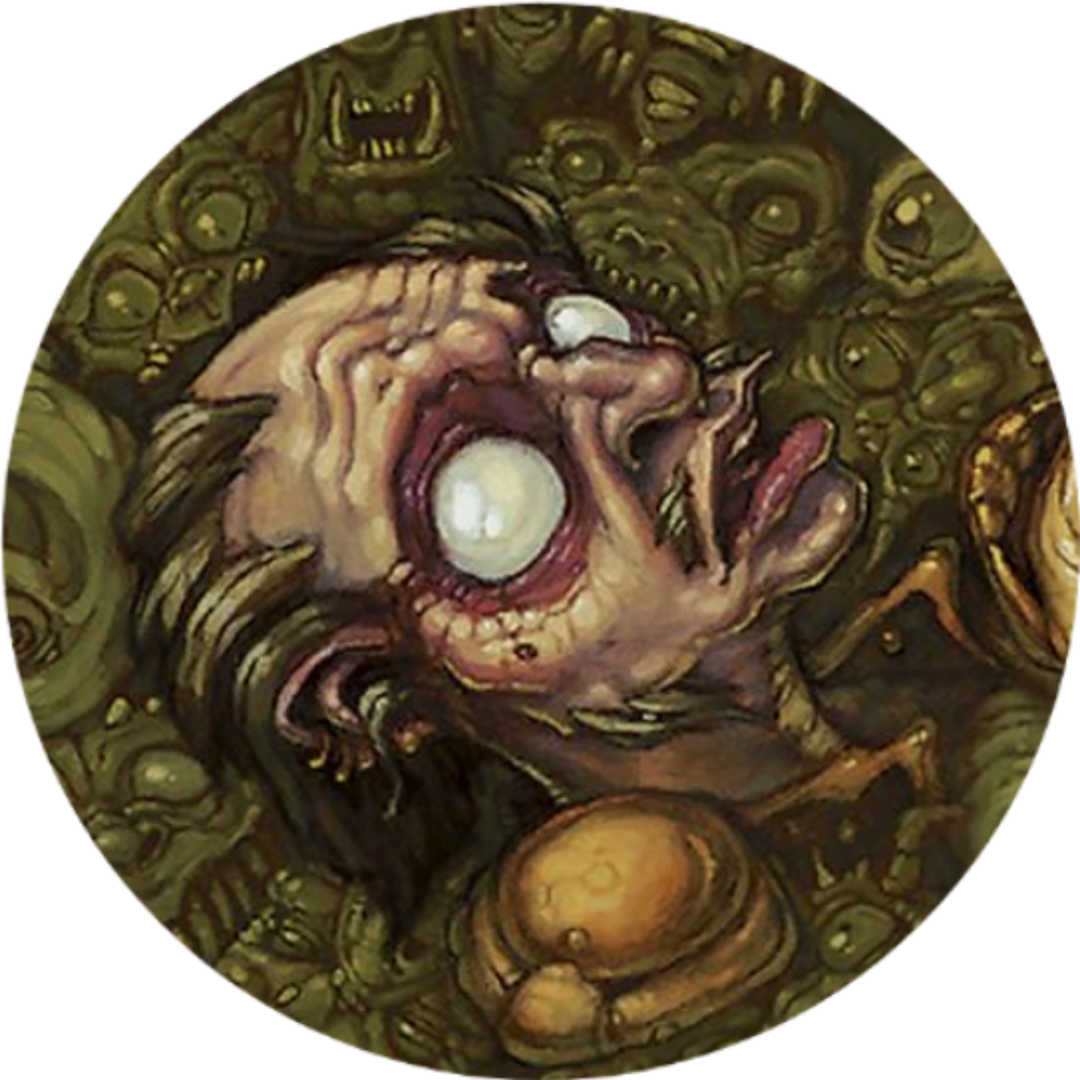Hi, English isn’t my mother tongue so I was asking myself that question since I first encounted a w/… Back then I was like: “What tf does ‘w slash’ stand for?” And when I found out I was like “How, why, and is it any intuitive?” But I never dared to ask that until now
As others said, with as w/ was around as part of secretarial shorthand, which got taught to most people keeping corporate documentation and it stuck.
There are a lot of abbreviations like that in the English language that came from abbreviations in written form due to the media in was written in, whether it was newspapers, telegraph, handwritten shorthand, or computer based. It may not make sense because English isn’t a language designed to make sense; it isn’t even designed.
It may not make sense because English isn’t a language designed to make sense; it isn’t even designed.
To be fair, no living language is.
French is heavily managed by the Académie, I guess it depends how you interpret “designed”. English is a much freer language that morphs and absorbs terms from many languages.
I wonder how much of the managed-language sticks vs the emergent-language. I recall years ago there was news of how the academie made up their own word for email.
Thank you for your answer mate :D
Pretty sure it started w/your mom
w/your mom
If we’re abbreviating things: w/ur mom
My mom ‘s so poor we need to save letters :’)
Some various answers here; but for me, it came from w/o as a shorthand for ‘without’, then I started sometimes writing w/ for ‘with’ and wondering if that’s okay!
My mother was a legal secretary, so she taught me shorthand when I was a kid. W/o was included in those teachings.
I’m not a linguist, but to me, langauge is fluid, in that it’s fine to use it any way you want, so long as the people involved can interpret it as intended.
Which means when you write a note in shorthand for yourself, so long as you can come back to it and decipher it at whatever point you need it then it’s fine.
If someone were to happen to come across it then there is a concern that they may interpret it wrong. As a silly example: If “I will fuck your mom” was your code for “I will pick up milk and eggs from the grocery store”, you can see how people (which could include you later) can interpret your message incorrectly, and you should pick a better shorthand in that case.
When communicating with others you’ll have contexts of what kind of things are relevant, like PoS may mean different things if you are talking to a store manager vs. your buddy, you have to be sure your listener or reader gets the correct version.
I wish I could upvote this more! Language is a living tool. Constant change in humanity requires communication tools that keep up.
Can’t agree more :D
In spanish we use the same abbreviation: c/ for “with” ans s/ for “without”
Til :D
Thanks for that reply :D
My guess is these became common with the telegraph. Since messages were expensive and the sender paid by the letter, abbreviations where commonly used to keep messages short.
Oh, another interesting take. Tysm for that reply :D
It comes from the letter “w” as in, “with”
w/ appears to have origin in the food industry some 70 years ago (according to this question).
To me it makes sense, as I first encountered it in video games where abbreviations, acronyms, and text-saving-slang are commonplace. Furthermore, while abbreviations usually have multiple letters (in written text, not physical or mathematical equations), single letter abbreviations can quickly become confusing, so I belive that this is the reason for putting a slash behind it, or possibly a bar above it.
RANT: While I know that language changes all the time, I find it very unfortunate that this little fellow
o/and possibly his slightly more formal friendo7have become synonymous with “nazi salute”. First off, it’s the wrong arm! And second off, what do you have against “man waving” and “man saluting”?It must be very confusing for someone who uses this newer definition of o/ to visit the Elite:Dangerous forums.
EDIT: I’m very happy that I apparently am the only one who has met people who don’t know the real meaning of o/ and o7. I feared that this was a widespread problem, but luckily it appears that I simply am a worrywart.
RANT: While I know that language changes all the time, I find it very unfortunate that this little fellow o/ and possibly his slightly more formal friend o7 have become synonymous with “nazi salute”. First off, it’s the wrong arm! And second off, what do you have against “man waving” and “man saluting”?
Have they really? Never seen o7 used that way, with o/ it’s more understandable, but since one can easily just use \o (or use an actual unicode swastika) I just don’t see it getting that controversial. Seems even less known than the triple parentheses thing, which is something that most people who don’t spend their lives on the internet never heard about.
It must be very confusing for someone who uses this newer definition of o/ to visit the Elite:Dangerous forums.
EVE online players have done the o7 salute for decades. And while I’ll gladly admit that every single longtime EVE player is at least something of an asshole (it’s a requirement to really enjoy the game) I doubt the majority are cryptofascists.
RANT: While I know that language changes all the time, I find it very unfortunate that this little fellow o/ and possibly his slightly more formal friend o7 have become synonymous with “nazi heil”. First off, it’s the wrong arm! And second off, what do you have against “man waving” and “man saluting”.
Never heard that but thanks for reporting o7
Perhaps (hopefully) i just encountered some folks who just assumed something, and that it’s not actually becoming a trend.
o/ is a wave, o7 is a salute of respect
Oh alright, thanks for your input. I never actually saw anyone using o/ and o7 but I wouldn’t have thought of them as nazi code. ^^
I know this isn’t an answer on the topic of the history of abbreviations, but I found this page to have a useful list of abbreviations with the foreign speaker in mind.
they forgot kys :(
Kiss your stepsister?
keep yourself safe :)
Kind young soul
Kiss your sather
FIY For your information
i.g. For example
😆
I use c̅ for with and s̅ for without, these may make more sense for you depending on your native tongue. They are medical shorthand.
Con and sans?
I assume it is latin (which I don’t know) but essentially yes. I think of them as con and sin.
Oh, nice. Thanks for that input ^^
No idea, but it might be connected with shorthand, which was a common and sophisticated note-taking technique that allowed people, mostly secretaries in business, to write as fast as talking.
Almost certainly it originated from pen and paper shorthand. The internet has a lot of history in regard to it potentially being due to T9 slang, but I remember it being shown to me before cellphones were in wide use.
If that annoys you, never get into advanced maths. There’s arbitrary symbols that make no sense like 3 dots in a triangle means therefore. An upside down capital A means for all.
I still use the three dots for therefore sometimes without really thinking about it. I never pursued work in maths or physics (I set and run industrial machines) but for some reason that one always stuck with me from school.
I just use TF as i need it all the time for notes and stuff, but really wish I could use the 3 triangle dots, which I learned to use in logic. I wish the emoji picker (ctrl+period) could accept a searches for more symbols. On windows a search for the cucumber emoji works, but you can’t search for greek letters. sigh
Mathematicians didn’t want to write a conclusion paragraph to their proofs to say that that result proves what they wanted to show, so they just put “QED” at the end which is some Latin/Greek phrase to the effect.
Then they got too lazy to write that because they do proofs all the time, so they just put a box ∎ that means “so, basically yeah. there you have it.”
Yeah, I’ve got “Advanced Mathematics” as a university lecture and some students made a glossary to understand what tf the prof is writing
Back when business was done entirely by paper, you’d have catalogues, books full of tables of things you could order with their prices. You have limited space for printing item names and those abbreviations were used there (e.g. in the 1920s).
Oh, I see. Thanks a lot for that answer :D
Writing by hand it’s fast, and visually creates a space to answer “with what?”
Ah, OK. Thanks for your answer :)
People have needed quick notations for as long as language has been written. While I’m not going digging for links because fuck that shit for a casual comment, it remains true in every form of writing around the world that I’ve read about (obviously, I can’t read them all, and the few I can I don’t read well, but that’s why linguists get paid to do it for a living).
There are numerous symbols that represent entire words in writing. $, &, @,®,©,™, and that’s just the few my on screen keyboard makes easy.
The / is very commonly used to denote that the rest of a word has been “slashed” off of the previous section. It is intuitive to a degree in that it has been used for that in multiple places independently. Using a single symbol for that is very common.
It happening with with is just the most common example that most people will run into. Moreover, it’s typically applied in situations where the expected readers will be aware of that shorthand.
As an example, one of the nursing homes I worked at used a letter slash system for a lot of the common tasks we’d perform on our big whiteboard. You’d have room numbers and letters (for two bed rooms), with a grid. If you gave the patient their shower, you’d note s/. Bed bath would be b/. Meals were denoted with the first letter and slash except breakfast, which got m/ for morning (because b was already taken).
Now, we used lower case for tasks and upper case for initials as well, so that you could come up between rooms, make the note, and sign it in just seconds. When you’re taking care of 30+ patients per hall, those seconds are valuable.
The w/ notation has been used for hundreds of years that I know of. I saw copies of colonial era logs that used it, and they went back to the 1600s iirc.
But, let’s give another example to help you get that it’s really no different from another word that happens to mean the same thing as with. If I say something is big, you’ve probably seen the word before, right? Picking up English as a second language usually means starting with smaller adjectives.
But, there’s other words that mean the same thing, or the same thing at a different scale large means the same as big. Huge means the same basic thing, but is typically used to mean “very big”. So, huge is a kind of shorthand too, in use. But until you encounter it the first time, it’s no more intuitive than big.
Then, the glory of English means we get all kinds of surplus words. Gargantuan, brobdingnagian, massive, they all mean that something is very big.
So, just think of w/ as a very small word that happens to share a single letter with the word with, and you simply hadn’t run across it. Nobody has the entirety of English in their heads, even vocabulary geeks. We all eventually run across something new to us, though the longer you read in English, the less often it occurs.
Now, why the slash? As opposed to some other symbol like -, :, or whatever. Think about writing with a stylus, brush, or quill pen. Dots and slashes are the easiest things to write, and are thus the fastest.
If you’re on a dock, scribbling down the load that’s coming in, you need that speed. When you’re keeping log books of any kind, you need to minimize hand strain, so fewer symbols means less strain.
W/ is the OMG or lol of more important things. It’s just another way of saving space and/or time
If you gave the patient their shower, you’d note s/.
Totally gave 17b s/ /s
Woah, tysm for that detailed answer :D
No worries :)
University shortcut. When you have to take notes on paper so damn fast, you develop techniques. Those techniques get shared around. That’s how it was explained to me.
Oh, OK. Thanks for your answer ^^











